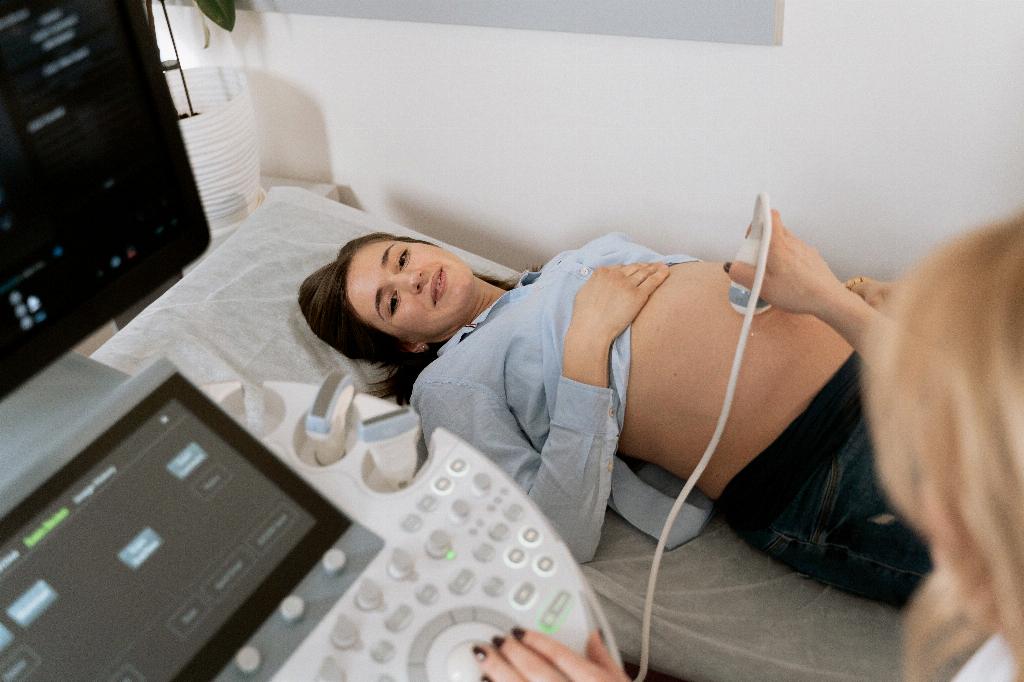One of the most exciting moments during pregnancy is feeling the first kicks of your baby. It’s a significant milestone that many expecting mothers eagerly anticipate. As the pregnancy progresses, the movements become more pronounced, allowing you to bond with your little one even before they enter the world.
Timing of Baby Movements
Feeling your baby’s movements, or quickening, is a unique experience that varies for each woman. While some may feel their baby kick as early as 17 weeks, for others, it may take a bit longer. Typically, first-time mothers may notice these movements between 18 to 20 weeks into their pregnancy.
Sensations of Early Fetal Movements
When you first feel your baby move, it may not be a full-fledged kick but more of a fluttering sensation. Some describe it as a gentle bubbling or a light shifting movement in their abdomen. These early movements may be subtle, but they mark the beginning of a beautiful journey of feeling your baby’s presence.
Development of Baby’s Muscles
As your baby’s muscles continue to develop and strengthen in the womb, their movements become more noticeable. What starts as subtle flutters gradually evolves into distinct kicks, rolls, and jabs that you’ll come to recognize as your baby’s unique patterns of movement.
Factors Influencing Sensitivity to Sensations
Several factors can influence when you first feel your baby kick, including the position of the placenta, your body size, and the location of the baby within your uterus. Women who are petite or have anterior placentas may feel movements earlier, while those with more layers of tissue may take longer to perceive them.
The Role of Baby’s Activity Levels
Every baby has their own activity levels in the womb. Some are naturally more active, leading to earlier and more frequent movements that you can feel. On the other hand, more tranquil babies may have gentler, less noticeable movements that can make it harder to discern their kicks until later in the pregnancy.
Tracking Baby Movements for Health
Healthcare providers often recommend tracking your baby’s movements as a way to monitor their well-being. Feeling regular movements is a positive sign that your baby is active and healthy. If there’s a sudden decrease in movements or you notice a significant change in your baby’s kicking pattern, it’s essential to contact your doctor for further evaluation.
Bonding Through Baby Kicks
Feeling your baby kick is a precious opportunity to bond with the little one growing inside you. It’s a tangible reminder of the life developing within you, creating a deep connection between you and your baby. Many mothers cherish these moments of feeling their baby move as they eagerly await the day they can finally hold them in their arms.
Emotional Impact of Baby Movements
The emotional impact of feeling your baby kick goes beyond the physical sensation. It can evoke feelings of joy, excitement, and wonder as you realize the miracle of life unfolding within you. Each kick, roll, or flutter serves as a poignant reminder of the incredible journey of motherhood you’re embarking on.
Sharing the Experience with Others
Experiencing your baby’s kicks is a special moment that you may want to share with your partner, family, and friends. Sharing the excitement of feeling those first movements can bring loved ones closer to the pregnancy experience and allow them to connect with the baby even before they’re born.
Looking Forward to More Moments
Feeling your baby kick at 18 weeks is just the beginning of a series of milestones you’ll encounter throughout your pregnancy. As your baby grows and becomes more active, you’ll enjoy an ever-expanding repertoire of movements that will continue to amaze and delight you until the day they finally arrive in your arms.

